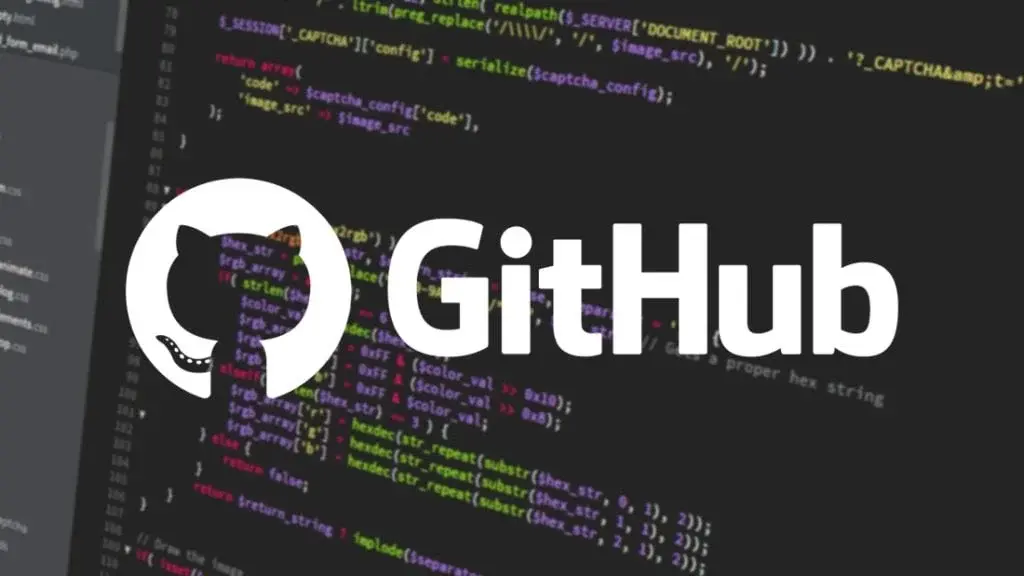Millions of developers and users are currently on high alert as GitHub, the popular code-sharing platform, grapples with a significant cyber attack. Security experts at Apiiro have flagged a troubling development wherein malicious actors are taking aim at GitHub repositories, potentially placing more than 100,000 projects at risk.
Security Concerns Rise
The attack in question revolves around a method known as "malicious repository obfuscation," wherein bad actors duplicate authentic repositories, insert harmful coding, and then re-upload them onto the platform. These altered repositories could be downloaded by unsuspecting individuals, leading to potential system compromises or malware infections.
Vulnerabilities in GitHub Exploited
Apiiro's findings underscore various factors that render GitHub susceptible to such assaults. The platform's user-friendly interface, easily accessible APIs, and the presence of numerous concealed repositories collectively create an optimal setting for cyber attackers to execute "watering hole attacks."
Ongoing Battle Against Malware
While GitHub has been made aware of the situation and has removed a majority of the identified malicious repositories, the threat remains active. Cybercriminals persist in their efforts to inject harmful code, leading to a scenario akin to a game of whack-a-mole, where GitHub continually responds to eliminate malicious content post-upload, potentially jeopardizing user security.
The report discloses that this wave of attacks commenced in May 2023 and has been steadily gaining momentum. This sustained onslaught raises fears that more repositories and users could fall victim in the future. Developers and users are strongly advised to exercise caution when downloading code from GitHub, particularly from unfamiliar sources. Verifying the authenticity and legitimacy of code prior to integration into projects is paramount.


Leave a Reply